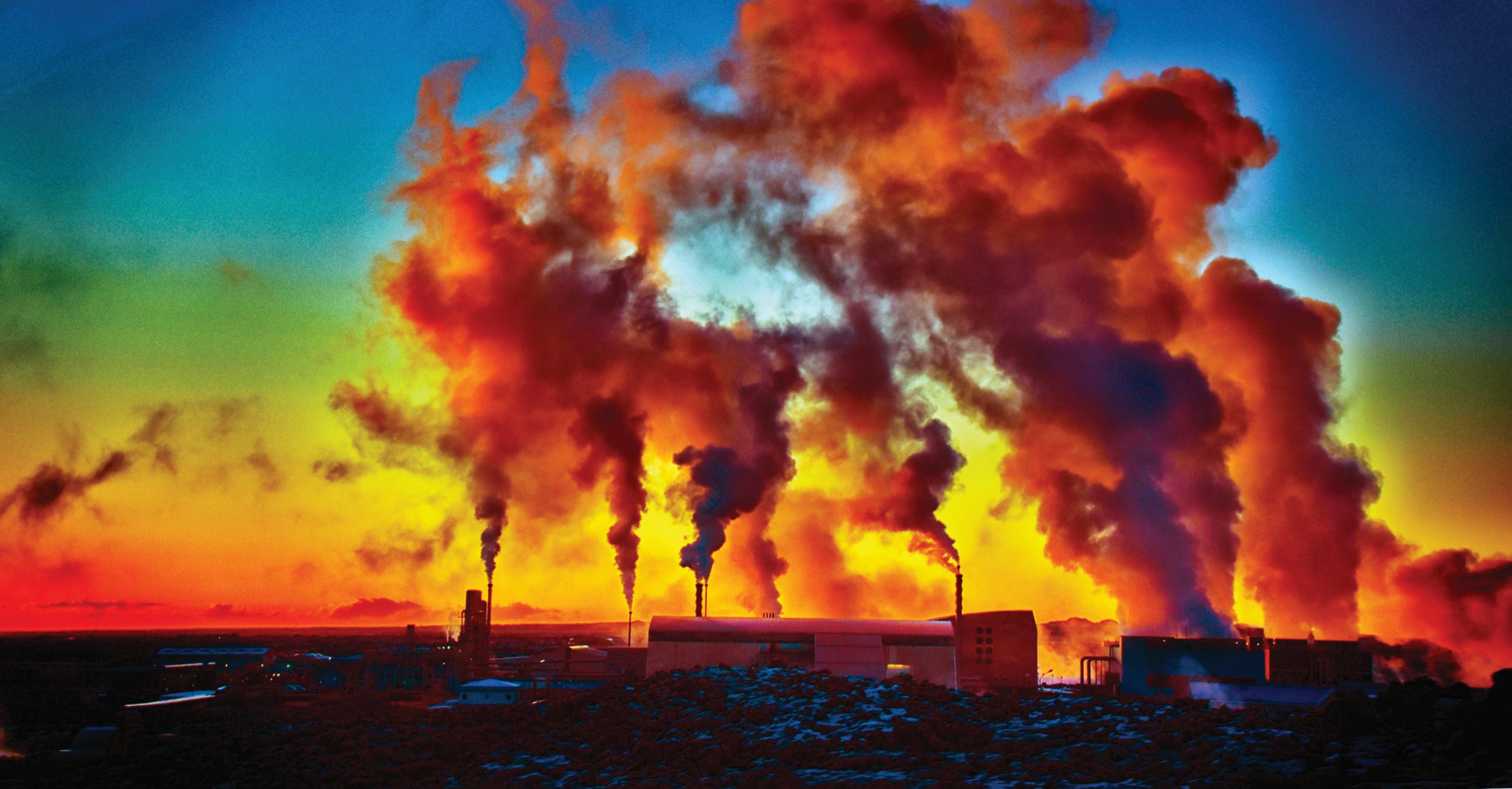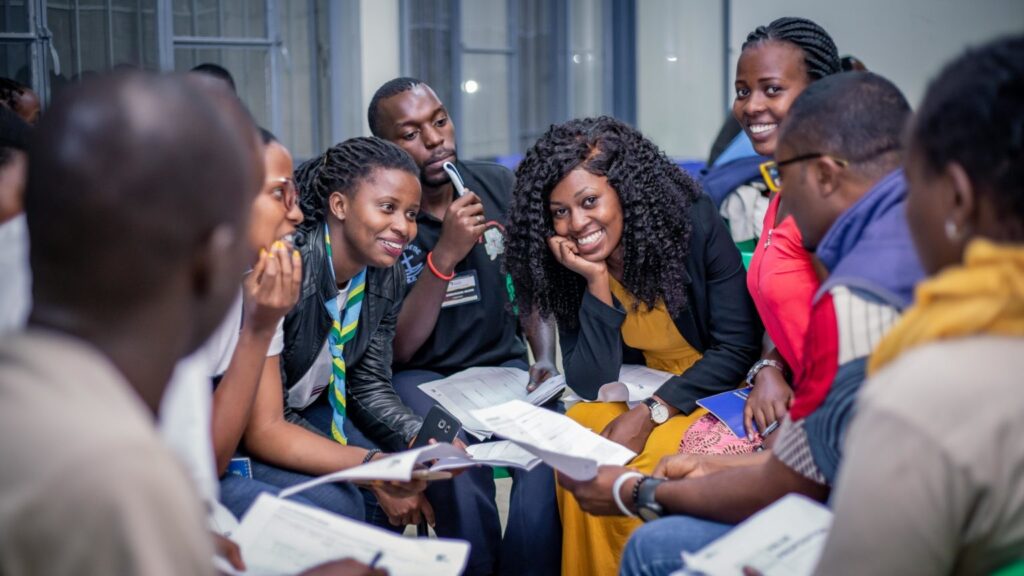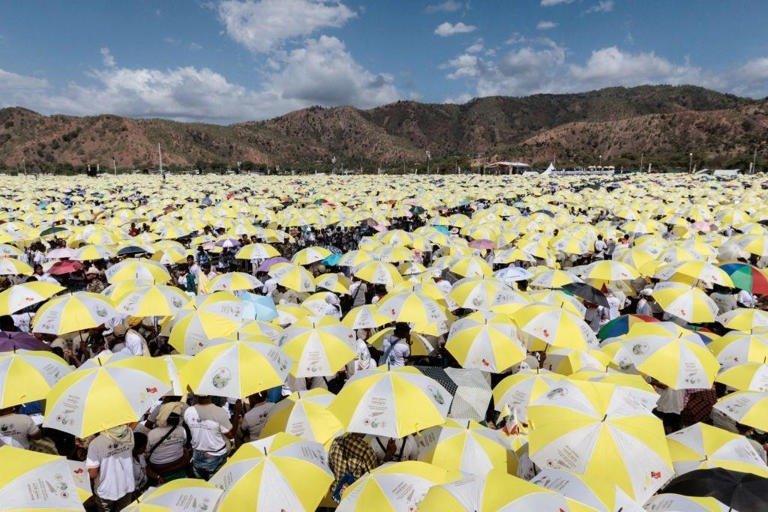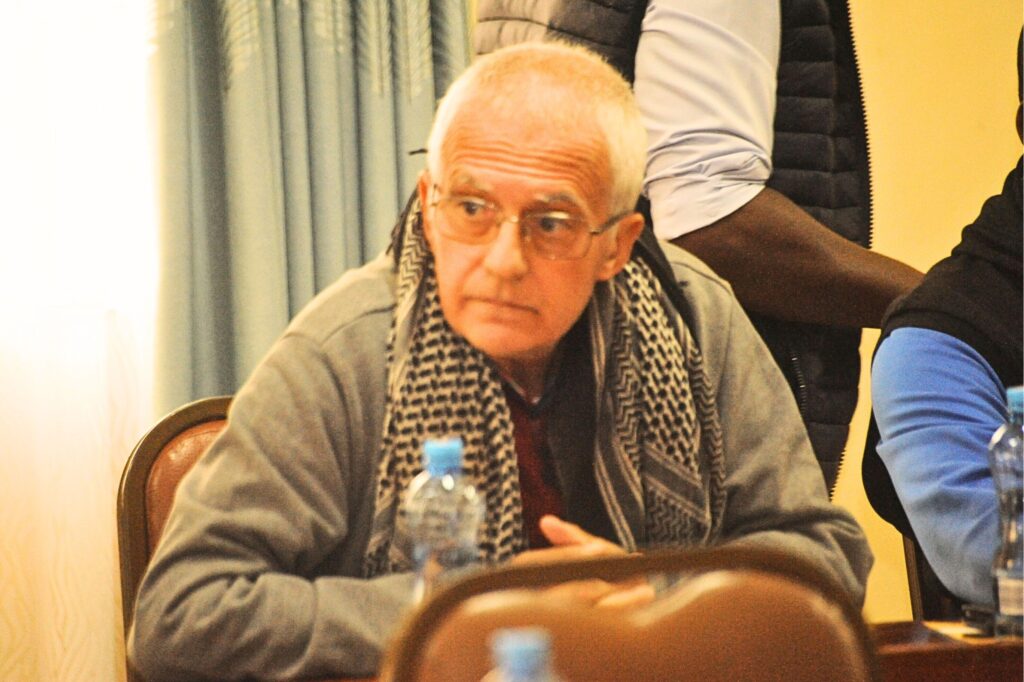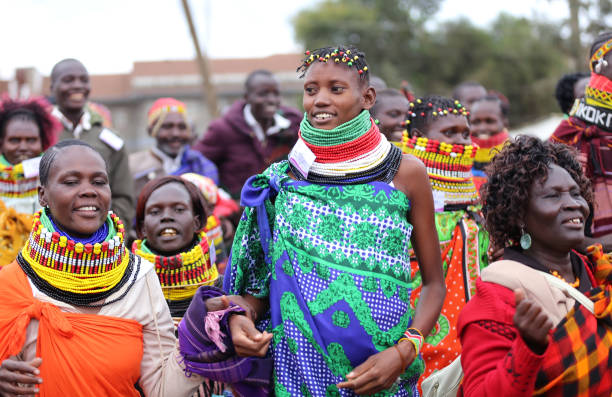A major priority for all
Taking care of God’s world by responsibly caring for God’s creatures (Genesis 1) and by “tending the garden” (Genesis 2) was our first assignment from God. We are all called to be keepers of God’s garden.
I have been asked why Christians involved in economic activities, particularly consumers, should be concerned with the natural environment. It is an interesting question, because I have been able to think about it in a few different ways: Why are they asking about Christians specifically? What are they thinking about economic activity? Why distinguish between consumers and producers? Is it enough to be concerned about the natural environment? Should our concern not bring us to action? And, why are my questioners not asking about the urban or built environment?
I will try to answer some of these sub-questions step by step.
The Earth, our neighbour
Do we, as Christians, have obligations to our planet and to our world different from those of people of other religions or of no religion? Surely, what is good for our environment is good whether it is done by Christian, Muslims, Hindus, or people of an African religious background. We might all have different scriptures and holy texts, with different understandings of where we come from and how our God has been involved in created history. But if religion is concerned about human wellbeing, then it should be pointing to what will best sustain human life.
So, all religions should be pointing to what is good for the earth, because what is good for the earth is ultimately good for the people who live on it. Consequently, our question should not be particularly about Christians, but about what religions in general, if they say anything at all, are advising their believers to do about the environment.
Most religions have stronger ethical teaching than “don’t mess on your own doorstep”, or “not in my backyard”. They advise us to look beyond our immediate neighbourhood, as Jesus expanded our understanding of who my neighbour is in Luke 10. Our neighbour is anybody who is in need, who has the same dignity as me, and the same needs as children of God (Gen 1:37). Our Catholic faith is telling us more and more to regard our Sister Mother Earth as a neighbour, which also has dignity and needs.
When we think of economic activity, we do not just mean running a large or small business, or buying food, furniture, vehicles or houses. Economic activity means any kind of activity that involves producing or consuming, trading or distributing any services or articles. Money need not be involved. We could be bartering with our neighbours: if you braid my hair, then I will look after your children for a couple of hours; or, if you give me some of your maize, I will allow you to take water from my land.
Ecological footprint
All sorts of economic activity do not even register in our minds as particularly ‘economic’. But they all have some kind of impact on our planet. Wherever we move, whatever we do, how we spend our time, all touches our environment, whether it is the natural or the built environment. Even if it involves walking to school, we are using roads and shoes that have been made from the goods of the earth. Whether we take a bus, a car, or a bicycle, we must know that all means of transport have been manufactured in a factory, and have used metals, rubber or plastics, which have been mined, or grown in a rubber plantation, or made in a chemical industry.
Everything we do, whether we are producers or consumers, has an ‘ecological footprint’. We do not want to crush the earth with our heavy footprint, and so religions encourage us to tread lightly on the earth.
Very many of our African traditions have taboos about eating certain foods, or venturing into certain sacred spaces, which are often ecologically sensitive. I greatly respect some Asian religions, which prohibit people from squashing even the tiniest insect by stepping on it, although in some cases I think it is exaggerated.
Some religions are vegetarian, because they do not want any animals to be killed. This might be tied up with religious ideas of reincarnation of the soul. As Christians, we do not believe in that, but many of us believe that some animals have a soul. They have a lifelong and compassionate relationship with their livestock or domestic animals. It is unethical to harm these animals with a heavy ecological footprint.
Positive actions needed
 People of every religion, morality should go beyond merely refraining from doing harm. We need to make a positive commitment to doing good. In the Parable of the Good Samaritan (Lk 10), Jesus told us to love our neighbour, and not simply not to harm our neighbour. The same applies to the Earth: as much as we can, we should take positive actions to do good for our Sister-Mother Earth, and all of our fellow creatures on the Earth. If we do not take care in our generation, then our children and our children’s children’s generations will be in trouble.
People of every religion, morality should go beyond merely refraining from doing harm. We need to make a positive commitment to doing good. In the Parable of the Good Samaritan (Lk 10), Jesus told us to love our neighbour, and not simply not to harm our neighbour. The same applies to the Earth: as much as we can, we should take positive actions to do good for our Sister-Mother Earth, and all of our fellow creatures on the Earth. If we do not take care in our generation, then our children and our children’s children’s generations will be in trouble.
If you compare Pope Francis’ Laudato si’ Goals (LSGs) with the Sustainable Development Goals (SDGs) adopted by all United Nations Member States in 2015, you will see that the SDGs are at a government and inter-government level. Frequently, they do not engage us at our community level, until they are brought down by government agencies. Our Church, instead, is putting before us, ordinary believers, ways by which we can all become involved in active care for our world: responding to the cry of the earth, which is the cry of the poor; ecological economics, spirituality and education; leading a simpler lifestyle; involving ourselves in community action, etc.
Our every activity should be one where we take care of our world. And this includes our economic activities. We can ask questions about where our products come from, and choose to buy those that are more environmentally friendly and do not exploit poor workers. We can choose to produce goods that do not have a heavy ecological footprint, do not leave chemical pollution in their wake, or use only as much of the plant or animal or soil, as we need.
So, Christians should take special responsibility for our world in all of our economic activities. But the same applies to people of every religion and no religion.

